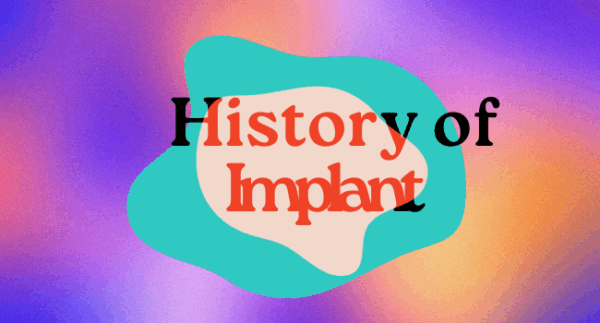Insights: Trying to Conceive After Early Pregnancy Loss
Written by C. Peony Khoo, MD
Early pregnancy loss (EPL) – also called miscarriage or spontaneous abortion – is the spontaneous loss of a pregnancy before 13 weeks’ gestation. EPL is common, occurring in up to 15% of clinically recognized pregnancies, and nearly one in four people capable of pregnancy will experience EPL in their lifetime.1 Given the prevalence of EPL, clinicians should be prepared to counsel patients who are trying to conceive after EPL.
Most people will become pregnant after a miscarriage, regardless of management method. About 80% of people attempting pregnancy after a miscarriage will go on to have a live birth within five years. In the miscarriage treatment (MIST) randomised controlled trial, this rate did not vary significantly with expectant (79%), medical (79%), or surgical (82%) management.2
There is no benefit in delaying pregnancy attempts after pregnancy loss. While a 2005 World Health Organization report on birth spacing recommended a minimum interpregnancy interval of at least six months after a miscarriage or induced abortion, more recent data suggests that a shorter interpregnancy interval less than three months may result in a higher likelihood of live birth and possibly fewer adverse pregnancy outcomes (e.g., small for gestational age, gestational diabetes) when compared to longer interpregnancy intervals.3-5
Use shared decision making regarding low dose aspirin to prevent EPL in patients with a history of one or two prior EPL. The EAGeR trial found that preconception-initiated low-dose aspirin (LDA) did not significantly alter live birth or repeat pregnancy loss in patients with a history of one or two prior losses,6 however, a per-protocol analysis of EAGeR published in 2021 found that LDA use preconception through 36 weeks may improve pregnancy outcomes, particularly when started early and with maximal daily adherence.7 While the 2018 ACOG guidance does not recommend LDA to prevent EPL,8 it was published prior to the per-protocol analysis.
Providing mental health support is important following EPL. Pregnancy loss is associated with depression, anxiety, and post-traumatic stress disorder. A multicenter study found that the risk of major depressive symptoms 30 days after treatment for EPL was twice as high for Black patients compared to non-Black patients.9 People with prior miscarriage also had higher pregnancy-related fear and anxiety during subsequent pregnancy.10 Clinicians should remind patients that the pregnancy loss is not the result of something they did, offer emotional support, make referrals to therapists as needed to help process emotions and experiences, and use a validated screener like PHQ-9 or the Edinburgh Postnatal Depression Scale and follow-up with patients who screen positive for symptoms of depression.11,12
Clinicians should be prepared with evidence-based recommendations to support patients trying to conceive following EPL.
RHAP Resources:
What is an Early Pregnancy Loss (Miscarriage)?
Partner Resources:
ACOG Finding Emotional Support After Pregnancy Loss
ACOG Practice Bulletin No. 200: Early Pregnancy Loss
ACOG Early Pregnancy Loss FAQs
Share Pregnancy and Infant Loss
Postpartum Support International: Loss and Grief in Pregnancy and Postpartum
March of Dimes: Miscarriage, Loss, and Grief
Sources:
Pharma-free: The Reproductive Health Access Project does not accept funding from pharmaceutical companies. We do not promote specific brands of medication or products. The information in the Insights is unbiased, based on science alone.
Sign-up to Receive Insights Monthly!
If you enjoyed this Insights, sign up to have them delivered to your inbox! Insights are released on the fourth Tuesday of every month!
Sign-up to Receive Contraceptive Pearls Monthly!
If you enjoyed this Insights article, then check out our Contraceptive Pearls! Contraceptive Pearls are monthly highlights focusing on best practices in patient-centered, evidence-based contraceptive care. Read our latest Pearl here. You can sign up to have Contraceptive Pearls delivered to your inbox! Contraceptive Pearls are released on the third Tuesday of every month!

